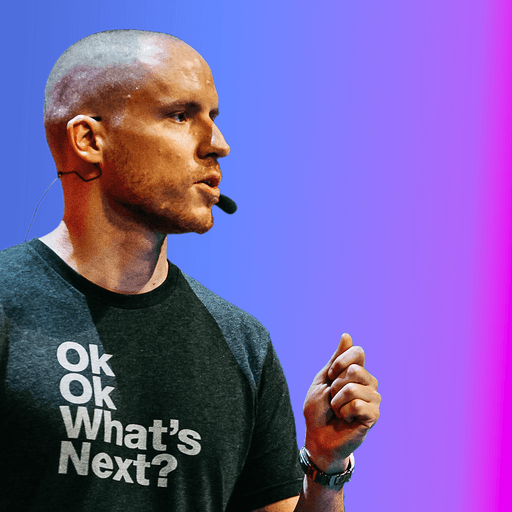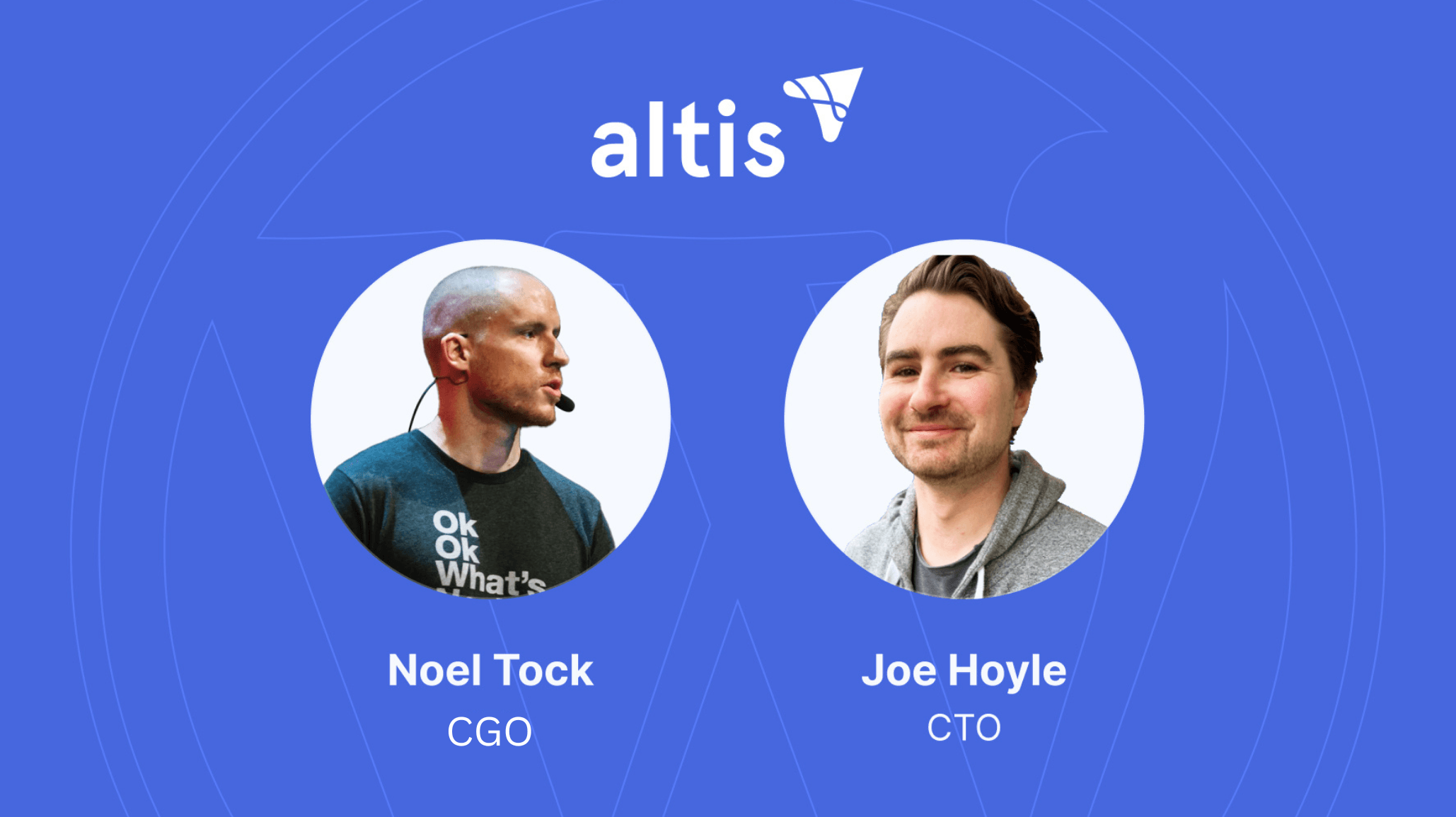Towards the end of every year, the WordPress community begins to anticipate the delivery of State of the Word, a keynote address from WordPress co-founder Matt Mullenweg providing a reflection and forecast for the future of WordPress and open source.
This year’s address took place on December 15 in New York, where Matt gave a release review for the year, spoke about the big future of Gutenberg and enablement for designers, and the promising return of in-person community events.
Noel Tock and Joe Hoyle – CGO and CTO of Altis, respectively – tuned in for the event to see what was in store. Their WordPress careers extend back to near the beginning of the WordPress story in the 2000s, so the annual address from Matt is always an exciting moment for them. Here were their takeaways for State of the Word 2022…
Big plans for the block editor, Gutenberg, and features like Collaboration

Noel Tock
“I’m excited for Phase 3 & 4 of Gutenberg (specifically collaboration and native multilingual). Zooming out, I think it’s time for WordPress to slowly think about unbundling. Blocks, block themes, patterns, widgets, style books, full-site editing, etc… how many more concepts do we want to expose to users? Channel-agnostic content management and presentation orchestration need to be broken into two.
“In contrast to where WP pure-players lead today, I see more of us moving into diversified approaches with a best-of-breed setup that rides the boundary between global content management and presentation orchestration (and/or running multiple content setups). Purely calling it ‘headless’ today is short-sighted; this is the future of ‘content as a single source of truth’ across all channels. We’ll increasingly start using Sanity, Strapi, etc. to complement WP (10up just became a Sanity agency partner, congrats).
“The bottom line is, we need to have an expansionary view on allowing this part of the open-source ecosystem to look beyond web-centric views and block-editor features. Otherwise, we’ll continue seeing proprietary vendors eat away at this (i.e. Contentful, ContentStack etc.). You can already see their narrative shift thematically from headless to broader omnichannel content management.”

Joe Hoyle
“Collaboration in the block editor/Gutenberg will have a huge impact if done well. Almost all teams that use WordPress that I work with draft in Google Docs for collaborative editing and feedback. We didn’t just spend 7 years building a great Block Editor to just copy/paste Google Docs 5 minutes before publish!
“Implementation is key though, how will WordPress handle multiple editors, and a good commenting experience with the current tech-stack? Interesting to see…
“Embedding Gutenberg in other projects and products, as some kind of de-facto open standard for block editors, also has potential. Embedding the editor is still too cumbersome and difficult though. More documentation, decoupling and examples are needed at the moment I think.”
Promising signs of increasing contributions to the open source project

Noel Tock
“It’s very encouraging (after all these years) to still continuously see a large amount of contribution coming from all over. Especially during these uncertain times, finding stability and security in software like WordPress is paramount. In the last few days, Josh Koenig wrote on his feed about how one major proprietary CMS vendor has left customers facing expensive rebuilds because they’ve stopped supporting a product.”
Underwhelming level of support for PHP 8 for WordPress Core

Joe Hoyle
“The Q&A around WordPress’ lack of official support for PHP 8+ was, frankly, embarrassing. We’ve spent years furthering WordPress’ security reputation and PHP practices. Not only was Matt unaware that WordPress does not officially support PHP 8+, there was mixed messaging as to why that is. WordPress themes + plugins not supporting PHP 8 should never be a reason for WordPress to put an asterisk next to PHP 8; and there’s still a lack of clarity around exactly what isn’t compatible in Core.
“With Altis Cloud we have now migrated almost all customers to PHP 8, with some on PHP 8.1. So, this isn’t so much a technical blocker, so much as a huge reputational setback in Enterprise and security-conscious WordPress usage.”
Needless to say, promising times with plenty of challenges lie ahead for WordPress. With the massive progress made in 2022, we’re excited to see how these forecasts and road bumps play out.
What were your thoughts on State of the Word? Speak to Joe or Noel on Twitter, they’d love to hear from you!

